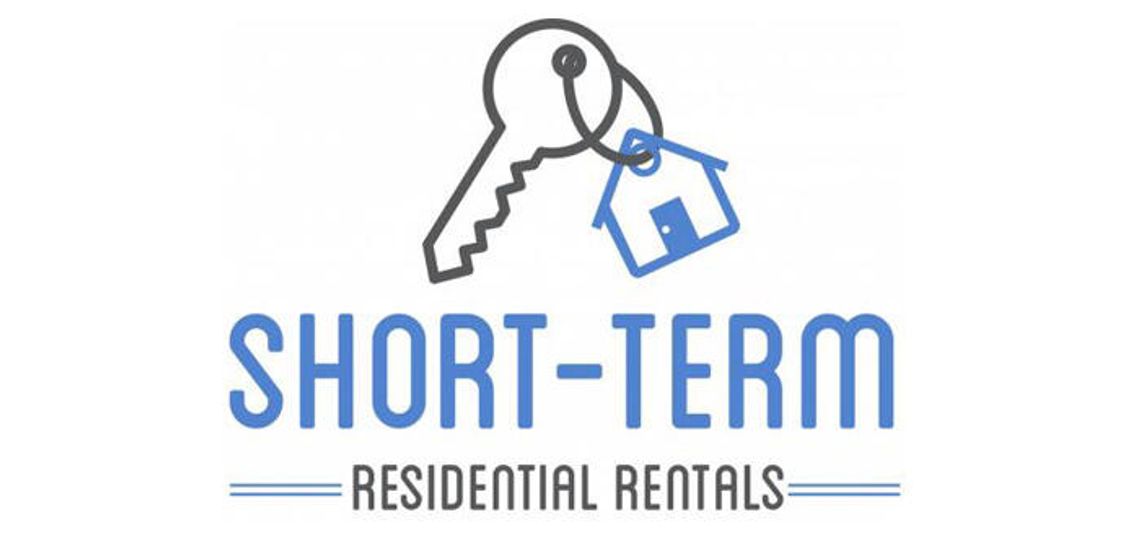More than $4,800 has been spent by Wimberley’s short term rentals (STR) committee for drafting a new ordinance further regulating those businesses.
The committee could spend another $1,000 in the next 60 days to finish the ordinance, per a March 21 city council expenditure allowing further work to be done.
According to city documents, Wimberley has so far spent approximately $3,100 in legal fees, $300 reviewing the city’s contract with Host Compliance and $2,800 toward development of the new STR Conditional Use Permit (CUP).
PLEASE LOG IN FOR PREMIUM CONTENT. Our website requires visitors to log in to view the best local news.
Not yet a subscriber? Subscribe today!











